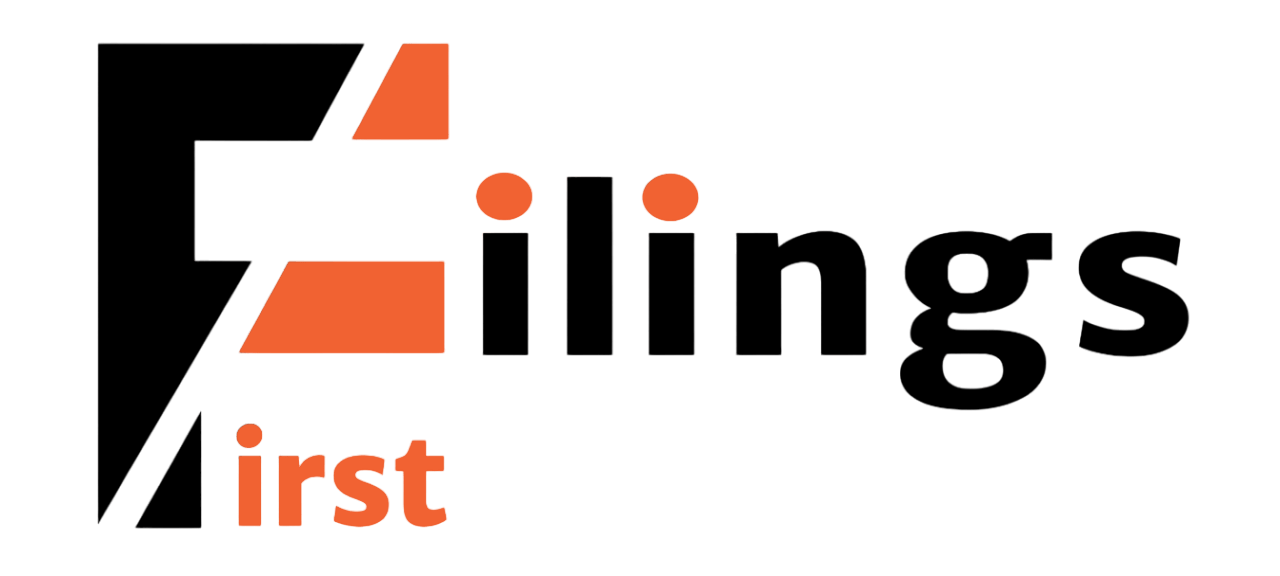
Looking forward to starting a food business in India? One key aspect that should be on your radar is obtaining a license from the Food Safety and Standards Authority of India (FSSAI) license. Beyond a mere legal requirement, this license holds the key to ensuring food safety, quality, and compliance in a rapidly evolving culinary landscape. With an increasing emphasis on health-conscious choices, obtaining an FSSAI license can have a phenomenal amount of success on your venture’s success.
From projecting a credible image to building consumer trust, this license serves as a testament to your commitment to upholding stringent standards. Whether you’re planning a restaurant, a food manufacturing unit, a distribution network, or a retail setup, understanding the distinct categories of FSSAI licenses and the process of obtaining one is paramount. Read the following blog to understand the core significance of the FSSAI license and understand the procedural intricacies involved in obtaining it.
What is the FSSAI?
Established under the Food Safety and Standards Act, 2006, The Food Safety and Standards Authority of India (FSSAI) is a statutory body that was setup with the objective of ensuring the safety and quality of food products. FSSAI operates as a regulatory authority under the Ministry of Health and Family Welfare in India and its primary objectives are to set standards for food products, regulate their manufacturing, storage, distribution, sale and import in order to protect the health of consumers and to promote safe food practices. FSSAI plays a vital role in monitoring and supervising the food industry, conducting research, and providing information to the public about food safety and nutrition. Through its comprehensive framework, FSSAI strives to build consumer confidence in the food products available in the market, enhance the accountability of the food industry and contribute to a healthier and more informed society.
FSSAI license and its types
An FSSAI license is a vital legal permit that businesses engaging in food-related businesses
within India need to obtain. Commonly referred to as a food license, the document serves as an
authorization from the regulatory body allowing businesses to produce, process, store, distribute
and sell food products. The license categorizes businesses based on their scale and nature,
classifying them into three types: Central, State, and Basic.
Central license-:
Issued by the Ministry of Health and Family Welfare, Government of India, this
license applies to enterprises with larger operations, such as manufacturers, processors,
importers, and exporters. Obtaining the Central FSSAI license signifies compliance with
rigorous quality and safety standards, guaranteeing consumer health protection. This license serves as a mark of credibility and demonstrates commitment to maintaining the highest levels
of food safety, ultimately contributing to the growth and reputation of the food industry.
State license-:
The State FSSAI (Food Safety and Standards Authority of India) license is an
essential credential for businesses operating within a specific state’s jurisdiction, in accordance
with the Food Safety and Standards Act, 2006. Aimed at local food establishments, distributors,
and retailers, this license underscores the commitment to adhering to stringent food safety
regulations. Issued by the respective State Government’s Food Safety Department, the license
is issued to businesses that comply with hygiene and quality norms, assuring consumers of safe
and wholesome food products. Acquiring the State FSSAI license showcases responsible
business practices and bolsters consumer confidence, contributing to the overall elevation of
food safety standards within the region.
Basic license-:
The Basic FSSAI license is an essential authorization for small-scale food
businesses. Aligned with the Food Safety and Standards Act, 2006, it is issued by the relevant
State Government’s Food Safety Department. This license is pertinent for petty retailers, food
stalls, and small food manufacturers, ensuring their compliance with basic food safety
regulations. By obtaining the Basic FSSAI license, these businesses demonstrate their
commitment to maintaining hygiene and quality standards, fostering consumer trust in the safety
of the food products they offer.
Central FSSAI license
The central FSSAI license, issued by the Food Safety and Standards Authority of India, holds significant value in ensuring food safety and quality across the country. This license is mandatory for food businesses of a certain scale, such as manufacturers, importers, and distributors, allowing them to operate within the national framework of food regulations. The central FSSAI license signifies adherence to strict standards and guidelines established to protect consumers from health hazards posed by substandard and unsafe food products. It involves a thorough evaluation of the food business’s premises, equipment, hygiene practices, and quality control measures. This comprehensive assessment guarantees that the business operates in compliance with the Food Safety and Standards Act, thereby fostering trust among consumers and promoting public health. The central FSSAI license, as a testament to a company’s commitment to food safety, plays an integral role in elevating the overall quality of the food industry in India.
Businesses that require a Central FSSAI License
The Food Standards and Safety Authority of India require the following businesses to obtain a central FSSAI license to operate-:
- Businesses that import or export food products across international borders.
- Food manufacturing units with a significant turnover and/or production capacity. This includes units involved in processing, packaging, labeling, and re-labeling for distribution.
- Businesses that exclusively produce food products for export purposes.
- E-commerce platforms that sell food products and have an annual turnover above a certain threshold.
- Caterers that supply food to railways, airlines, and other institutions.
- Warehouses that store food products, especially those with capacity exceeding specified limits.
- Distributors, stockists, or suppliers dealing with a variety of food products.
- Retailers with outlets in multiple states and a significant turnover.
- Large restaurants or hotel chains serving food.
- Hotels with more than 4-star ratings or those having a banquet capacity over a certain limit.
- Agencies that supply food products to government institutions.
Obtaining an FSSAI license
Obtaining an FSSAI license involves a systematic application process that mandates compliance with prescribed hygiene, safety, and quality standards. This includes adherence to packaging and labeling regulations, maintenance of a hygienic production environment, and proper documentation of processes. The FSSAI license not only ensures consumer safety but also builds consumer confidence in the products they purchase. It aids in preventing adulteration, misbranding, and substandard food practices, thereby contributing to public health and well-being.
Obtaining an FSSAI license involves the following steps:
- Determine License Type: Identify the appropriate FSSAI license category based on your food business’s scale and operations – Basic, State, or Central.
- Gather Documents: Collect necessary documents like identity proof, address proof, food safety management plan, and business registration certificates.
- Online Application: Visit the FSSAI website and fill out the online application form with accurate details about your food business.
- Choose the Correct Form: Choose the appropriate Form A (for basic) or Form B (for State/Central) based on your license category.
- Submit Application: Upload the required documents, pay the applicable fees, and submit your application online.
- Application Review: The FSSAI officials will review your application and documents for accuracy and completeness.
- Inspection (if applicable): Depending on the license category, an inspection of your premises might be conducted by a designated FSSAI officer.
- License Issuance: If everything meets the FSSAI standards, you will receive your license digitally. The license will contain a unique FSSAI registration number.
- Display License: Display the FSSAI license prominently at your food business premises.
- Renewal: Ensure timely renewal of your FSSAI license before it expires to avoid legal complications.
Benefits of obtaining an FSSAI license
Here are some of the most important benefits of obtaining an FSSAI license-:
- Legal Compliance-: Obtaining an FSSAI license ensures that your food business complies with the Food Safety and Standards Act. This helps avoid legal troubles and penalties, ensuring a smooth operation.
- Consumer Trust-: An FSSAI license signifies that your food products meet the safety and quality standards set by the government. This builds trust among consumers, leading to increased credibility and customer loyalty.
- Market Access-: With an FSSAI license, you gain access to a wider market, including government tenders and contracts. Many retailers and distributors also prefer to work with licensed food businesses, enhancing your market reach.
- Product Quality-: FSSAI guidelines focus on maintaining high standards of food quality, hygiene, and safety. This translates into better practices within your business, improving the overall quality of your food products.
- Innovation and Expansion-: The FSSAI license provides a platform to introduce new and innovative food products. It also encourages businesses to expand to new locations, as having the license makes it easier to get approvals from authorities.
Although obtaining an FSSAI license is mandatory in India, obtaining one can help business owners avail several lucrative benefits like the ones mentioned above.


